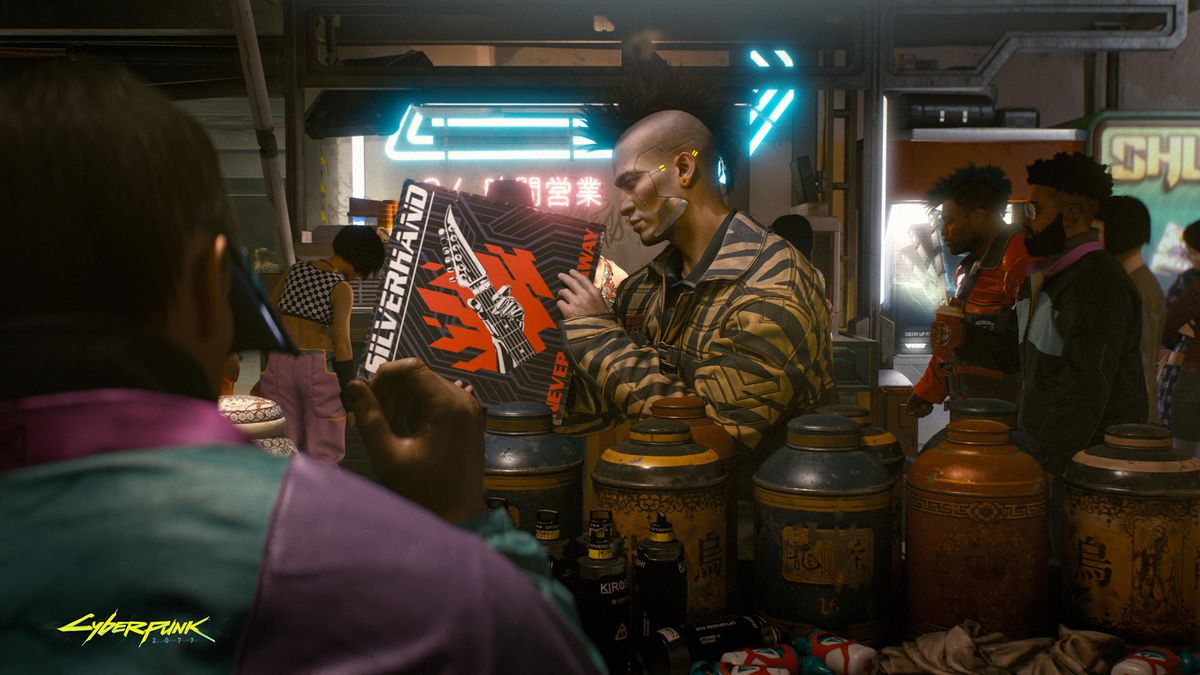Now crunch is something that stays in the grey zone, it's almost a form of mobbing, when employees are strongarmed, intimidated and manipulated into working more for unlimited and unspecified periods of time, very often without additional pay. This leads to burnout and toxicity in the workplace. It's usually also much more difficult to prove in court, because of methods used by employers.
That wouldn't be a grey zone. That would be immoral and in most cases illegal and in all cases impractical.
You see if you happen to work your employees like that you can get a productivity boost in the VERY short term. At a cost of moral and energy in the long term which significantly hurts productivity. So I can't see any successful business actually engaging in this, especially when you can't easily replace people like in game development. "burnout" is like the name implies. You've "burnt out" your resource like a candle that has been spent.
What CDPR has been described as having done is requiring an extra day of work. Previously it was optional now it's required. In my previous job I was required to work 7 days a week twice a year. That's no big deal. It does not burn you out. It may suck, but that's not burnout. I'm certain in other game development studios they may be using "crunch" to require 10-14 hour work days. Which may suck, but it's doable. There's also no room to complain if they are upfront about it.
In the case of CDPR they were upfront that any "crunch time" or as we all typically know it as "over time" that employees wanted to put in they were allowed to put in. That they wouldn't be forcing it. It's true that they've gone back on that. However working an additional non-consecutive 7 days because you're absolutely needed is not egregious in any way shape or form. If they had forced them to work the "crunch time" hours for months on end or even for 3 weeks that would be a different story. That would mean they would have lied to them willfully.
Instead there were problems in development, note the developers are the ones engaging in said development so they are problems that they did create that they have to find a way to resolve, so a few extra hours are needed. It's completely understandable.




